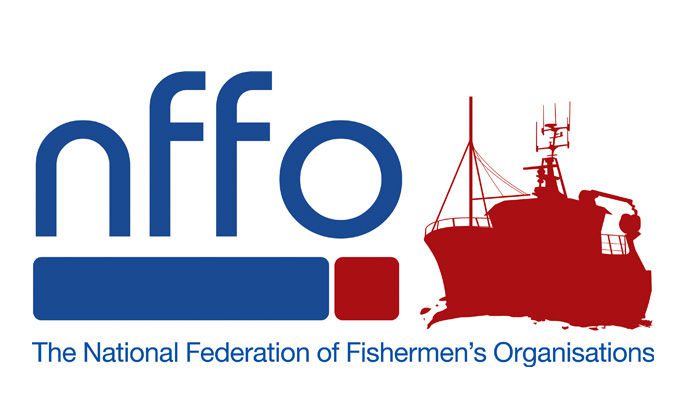19 October 2009
The NFFO is calling on MPs not to allow simplistic and ill considered green lobby calls to limit the extent to which the Marine Bill will allow the livelihoods of coastal communities to be accounted for in the designation of Marine Conservation Zones (MCZs).
The Federation, along with the SFF and Seafish, made its case to the All Party Parliamentary Fisheries Group on 14th October, where amendments were also proposed on marine licensing and other areas of the Bill.
Dale Rodmell, Assistant Chief Executive, warned “MPs should not be persuaded by this sleight of hand by the greens, which in practice would rule out social and economic factors from consideration in MCZ designations altogether. This would amount to another flawed Natura approach, allowing conservationists in every case to rule that one site was better than another, even when uncertainty in the science or lack of data could not possibly justify such discretion”.
Under the Habitats Directive, which provides the main legislative framework for Natura 2000 designations, the intent of the Directive to consider social and economic factors was later ruled out as a consequence of poor drafting, followed by legal action taken by WWF and the Wildlife Trusts. After failing to remove social and economic considerations from the Marine and Coastal Access Bill altogether, the green lobby is now moving to cripple the legislation in the same way as Natura, by limiting the consideration of such factors to only cases where two sites have equal ecological value. Such an approach has already been tabled for the Scottish Marine Bill.
The Federation is calling for consideration of socio-economic factors to be strengthened in the legislation. As the Bill current stands, there is no obligation on government to consider such factors. The embryonic science underpinning Marine Protected Areas (MPAs), especially when coupled with the lack of data on our marine environment, does not stand up to scrutiny as a basis for a natural science only approach when set alongside the need to safeguard coastal community livelihoods. Many designations will rest not upon any substantive evidence-based science, but upon the application of a set of principles that define what an ecologically coherent network should look like, and consequently are open to wide interpretation.
Dale Rodmell said “There is something deeply inhumane about the green lobby’s approach. You don’t simply rule out people’s livelihoods without consideration for the sake of a great deal of uncertain science. Decision making has to be based on all of the evidence all of the time, and that includes natural science as well as social and economic evidence. What is ironic is that, as with Natura, the greens would shoot the conservation cause in the foot with such a proposal, as it would rule the issue of fisheries displacement out of consideration. This is a key issue that could undermine much of the green intent if it is not properly accounted for”.
The Marine Bill will enter its final Parliamentary stages in the House of Commons on 26th October.

